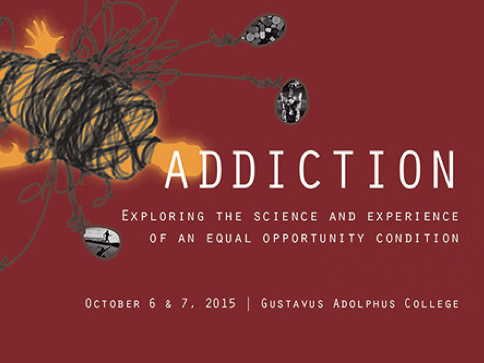 I’m off to Australia for two weeks. I’ll be doing talks, public debates, etc, on the subject of gambling as well as substance addiction. Apparently gambling is a more serious public health issue than alcohol or drug addiction in Australia. I’ll also be spending some time on a farm somewhere where they shear sheep and herd cows. Should be a nice break from urban life in Holland.
I’m off to Australia for two weeks. I’ll be doing talks, public debates, etc, on the subject of gambling as well as substance addiction. Apparently gambling is a more serious public health issue than alcohol or drug addiction in Australia. I’ll also be spending some time on a farm somewhere where they shear sheep and herd cows. Should be a nice break from urban life in Holland.
So in lieu of a blog post, let me leave you with a link to an article recently published by David Schimke in the Chronicle of Higher Education, August 7, 2016. Despite the title, it’s a broad and thoughtful review of the whole gamut of current trends in the study and treatment of addiction, covering perspectives from biological science, social science, public health, psychiatry, and so forth. As a touchstone for this review, Schimke describes choice moments in a conference I participated in (along with Carl Hart, Owen Flanagan, Sheigla Murphy, Michael Pantalon, Mark Willenbring and others) a year ago in Minnesota. The talks, panel discussions, and ad-hoc debates ranged from antagonistic showdowns to insightful analyses of where we are now and where we’re going — which pretty much epitomizes the field overall.
Here are a few paragraphs, to give you a sense:
The panelists at the conference expressed a range of opinions about the disease model. Though their views did not break down entirely along disciplinary lines, the social scientists tended to be the most wary of the label. On the one hand, nearly everyone ceded, it’s an established fact that addiction alters dopamine receptors in the brain and can affect how the limbic system functions. There’s also compelling research that some drugs, such as naltrexone for opiate abusers, can help curb certain cravings, which suggests that dependence is at root a biological phenomenon.
Still, a slim majority of the panelists…did not want to emphasize the word “disease,” because it implies that chemical dependence is primarily a function of pathology, when in fact environmental factors (dysfunction at home, stress at work), learned behavioral patterns (binge drinking, for instance), and economic disparities have been shown to play a significant causal role. Clearly, the debate was not just semantic.
The disagreement over terms is rooted in the 1930s and 40s, when AA came of age and provided a life raft for chronic alcoholics, many of whom had been doomed to suffer crippling isolation, institutionalization, and early death.
Schimke then goes on to cover the goals, achievements, and failures of AA as it has evolved over the decades. He also reviews recent, cutting-edge research, the differing implications drawn from it, and the diverse politics, treatment philosophies, and public-health agendas that often come together more like a playground brawl than a maturing field of study.
Here’s another tidbit:
That institutional bias is, in large part, what upsets many social scientists. They’re concerned that precious federal funds are too often pushed toward studies and programming steeped in status-quo assumptions, instead of challenging longstanding treatment paradigms and biases.
And near the end:
Sheigla Murphy says she would like to see more gatherings like the conference at Gustavus Adolphus, where people from different disciplines can engage in public debate and, ideally, find more opportunities for mutual understanding and compromise.
Anyway, take a look and see what you think. I’ll be back in two or three weeks.

Leave a Reply